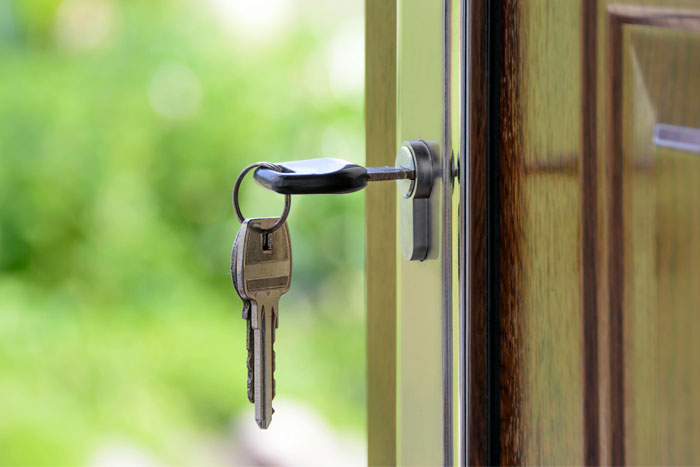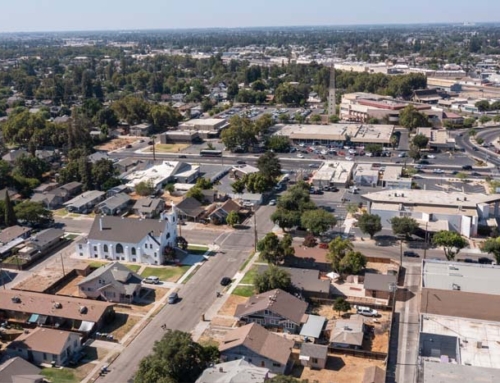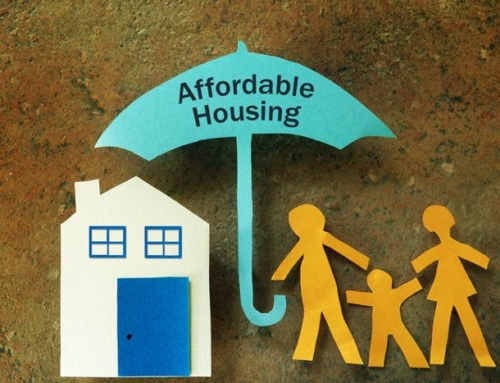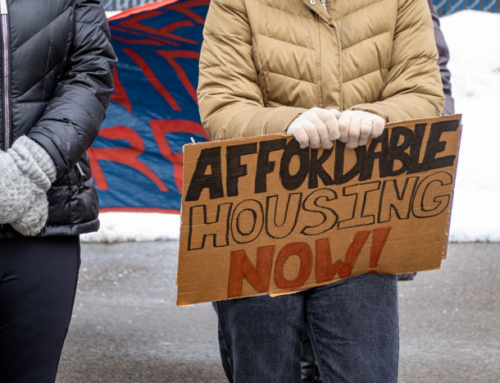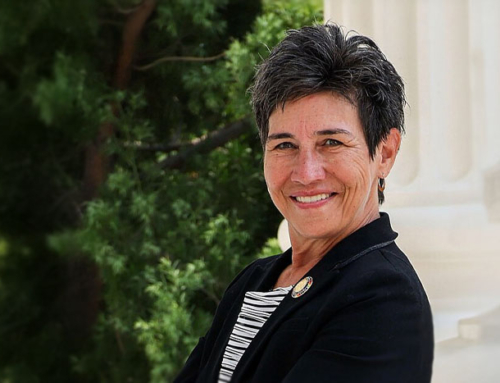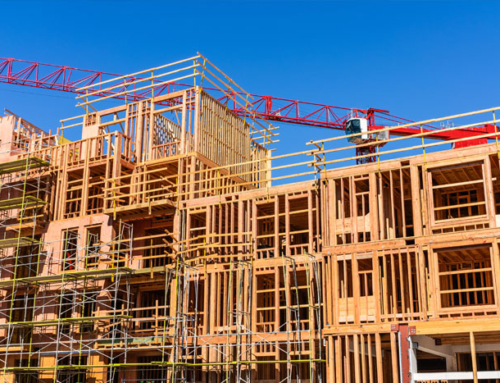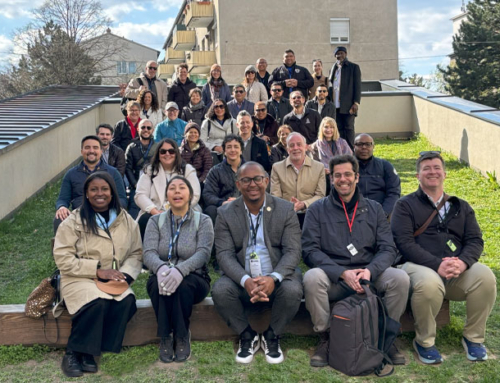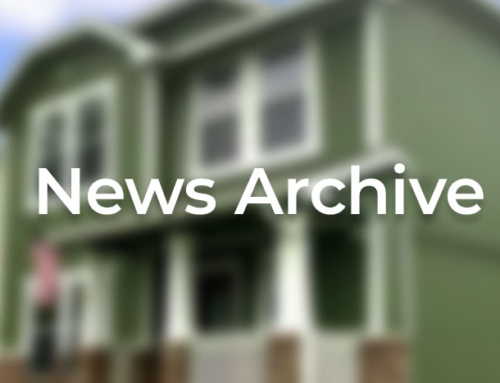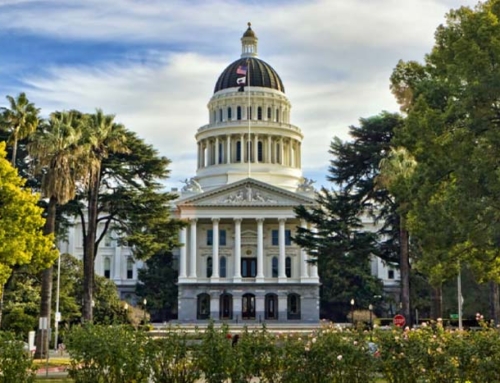With the deadline for new bills to be introduced approaching on February 16, the legislature has been busy introducing numerous bills. We expect momentum to increase as we approach the deadline. For second-year bills, January 31 was the last day for each house to pass bills that remain in their house of origin, and we saw several bills continue in their journey through the Legislature.
Notable housing and homelessness bills introduced include:
- AB 1893 (Wicks, D-Oakland) and would modify the infamous “builders remedy,” the law that states that if a city does not have a “substantially compliant” housing element, jurisdictions cannot use its zoning or general plan standards to disapprove any housing project that meets the 20% affordability requirements. This bill is intended to make the tool more accessible in cities that continue to find paths to deny these projects and attempts to put guardrails on some of the more egregious “super-sized” project examples that have made headlines across the state.
- AB 1886 (Alvarez, D-Chula Vista) would clarify the intent of the Builder’s Remedy by specifying that if a jurisdiction fails to comply with State housing law as determined by the California Department of Housing and Community Development (HCD), a housing project can be accelerated with limited restrictions.
- AB 2023 (Quirk-Silva, D-La Palma) would create a rebuttable presumption of invalidity in any legal action challenging an action or failure to act by a jurisdiction if HCD finds that the jurisdiction’s action or failure to act does not substantially comply with its adopted housing element or specified obligations under the Housing Element Law. This bill contains other related provisions and other existing laws.
- AB 1789 (Quirk-Silva, D-La Palma) empowers the Department of Housing and Community Development (HCD) to prioritize loans or grants for rehabilitation and extension of long-term affordability of housing projects that are at least 15 years old, serve low or extremely low-income households and has insufficient access to private or other public resources to complete substantial rehabilitation.
- AB 1788 (Quirk-Silva, D-La Palma) would authorize counties to establish homeless adult and family multidisciplinary teams in each county to expedite outreach and services to individuals experiencing homelessness, additionally allowing the sharing of confidential information to coordinate supportive services.
- AB 1820 (Schiavo, D-Santa Clarita Valley) requires a city to provide developers with an itemized list and the total amount of all fees and exactions that will apply to the project.
- SB 932 (Wiener, D-San Francisco) temporarily defers cities’ collection of development fees and extends entitlements, allowing projects on pause due to high interest rates to retain key permits until market conditions improve.
The following second-year bills are in their second house and will continue through the Legislature:
- AB 1657 (Wicks, D-Oakland) aims to address an impending funding gap for affordable housing. California’s last housing bond, the Veterans and Affordable Housing Bond Act of 2018 authorized $3 billion for various affordable housing programs that will be largely allocated by the end of 2024. AB 1657 would authorize the $10 billion Affordable Housing Bond Act of 2024 to replenish and expand the state’s affordable housing programs, including affordable rental housing for lower-income families, homeownership opportunities, and supportive housing for people experiencing homelessness.
- SB 225 (Caballero, D-Merced) would provide funding to mission-driven nonprofit housing developers to acquire and preserve unsubsidized affordable housing through the Community Anti-Displacement and Preservation Program (CAPP) and is tied to a $500M budget request.
- SB 440 (Skinner, D-Oakland) would enable local governments to establish a regional housing authority that can raise, administer, and allocate funds for affordable housing to make up this gap. This bill was stymied last year due to concerns about giving taxing authority to unknown future entities.
- SB 450 (Atkins, D-San Diego) aims to spur greater implementation of SB 9 lot split projects by prohibiting jurisdictions from creating objective zoning, subdivision, or design standards that are not applied to the underlying single-family zoning, setting specific timeframes for application action, and increasing the authority of the State to hold jurisdictions accountable.
After the February 16 deadline for introducing new bills, bills will likely begin moving in earnest in April, once the Legislature reconvenes after Spring Recess.
© LeSar Holdings/LeSar Development Consultants. All Rights Reserved. Please be advised that any republishing of copyrighted material provided by our organization, in whole or in part, requires prior written authorization. For permission, please reach out to [email protected]. We appreciate your understanding and compliance in upholding copyright laws.

